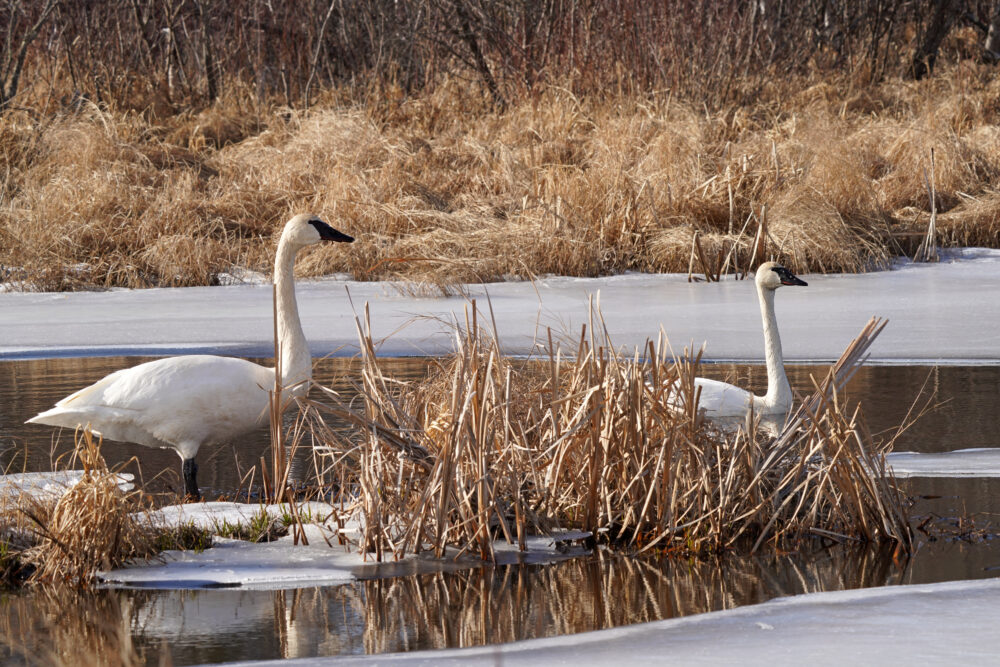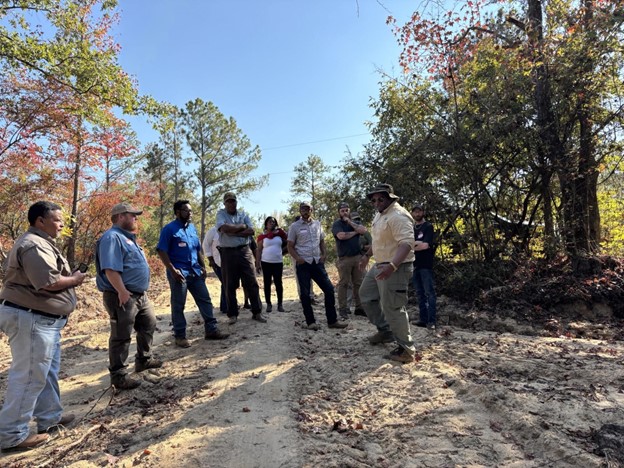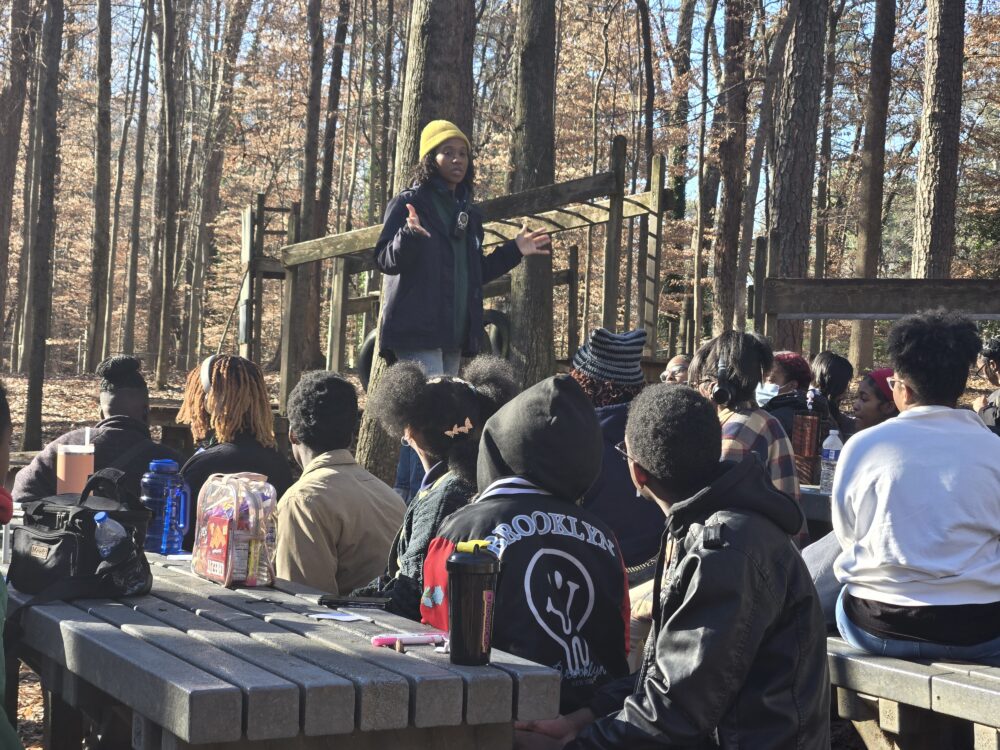We have much more to do and your continued support is needed now more than ever.
Flawed Pipeline Review Process Puts Tribes and Waters at Risk
The Standing Rock Sioux tribes have a filed a lawsuit in federal court seeking to halt construction of the pipeline due to inadequate review and tribal consultation under bedrock laws designed to protect natural and tribal resources. In particular, the tribes are challenging approval of hundreds – perhaps thousands – of water-crossings authorized under an expedited permit review process by the U.S. Army Corps of Engineers that enabled the Corps to skirt tribal consultation requirements.
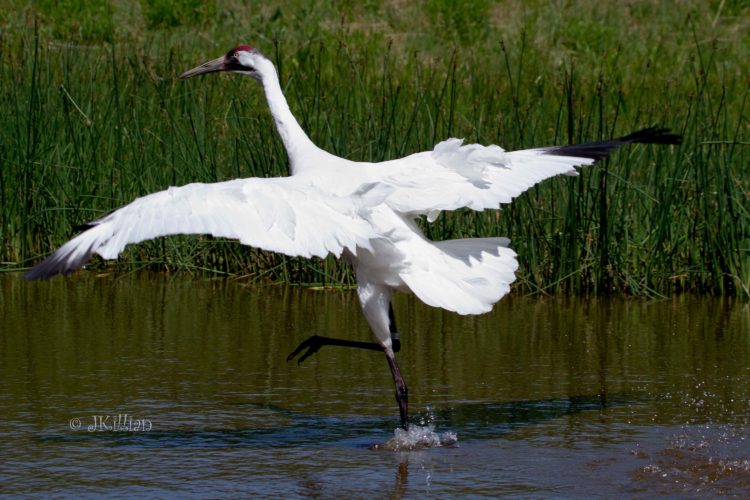
“[All] of our Nations have been faced with wrongs — usually by projects like this where tribes don’t have the opportunity to have any consultation on something that will affect their homelands,” explains Standing Rock Sioux Tribal Chairman David Archambault II. “We are never afforded the protection that the companies are afforded when they get their easements. Tribes across this nation are continually paying the costs for the benefits or gains of others.”
Under the Clean Water Act, the Corps can issue expedited permits for activities that will only cause minimal adverse impacts. In order to permit a massive, almost 1,200 mile long pipeline like the DAPL without a more thorough review, the Corps has decided to treat each water crossing like it’s an independent project not connected to the other pipeline crossings. This effectively creates a fiction that a massive pipeline is really hundreds (or even thousands) of tiny, separate projects.
The result of this process is that potentially extreme impacts to areas like Lake Oahe as well as the Cannonball and Missouri Rivers are not given comprehensive evaluation. A pipeline spill, like the one that fouled 40 miles of the Kalamazoo River in 2010 or the Yellowstone River in 2011, would be catastrophic to these resources and the tribes that depend on them.
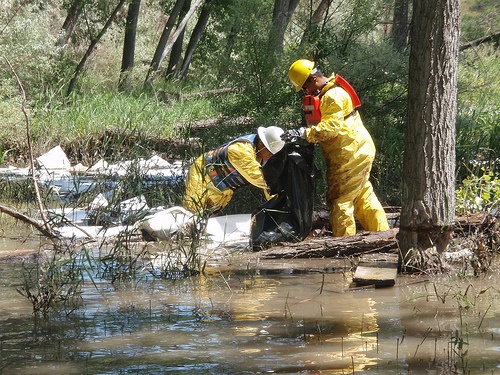
Additionally, by using this expedited permit process, the Corps effectively has evaded any meaningful consideration of significant cultural and historical impacts to the tribes as required under the National Historic Preservation Act. The tribe is alleging that multiple impacts to areas such as burial grounds and cherished waters were never properly considered by the Corps, and the required consultation with the tribe about these impacts never took place.
A judge has stated he will rule next month, but tribes are concerned that without a quick ruling to halt construction, these resources could be put in harm’s way before impacts are properly considered. Regardless of the outcome of this litigation, the expedited permit that allows for the absurd segmentation of these projects is up for renewal.
The Corps should revise the permit, which is contrary to the intent of the Clean Water Act, and make the Corps consider pipeline impacts to water resources in their entirety. The Corps must fulfill its trust responsibility to Tribal Nations, respect their treaty rights, and properly consult them so that Native Peoples, and all Americans, can be fully informed about whether the Dakota Access Pipeline is worth the costs.
Join us in standing with the Tribal Nations and speaking out for wildlife by retweeting the following tweet:
Fulfill your trust responsibility to Tribal Nations @USACEHQ. Stop the pipeline. https://t.co/J14VwhPsdr #NoDAPL pic.twitter.com/XutcvMAmtX
— National Wildlife Federation Action Fund (@wildlifeaction) August 31, 2016






